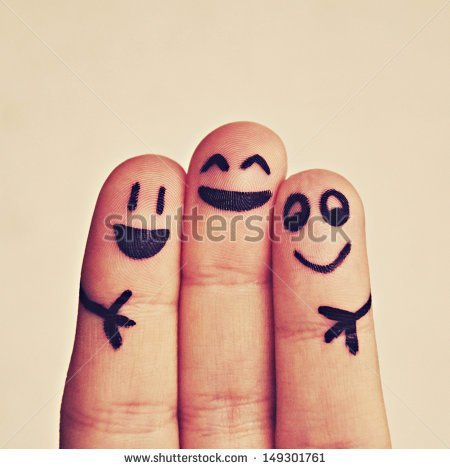FULL LIFE
Like spontaneity in smile and natural joy, happiness is a state of being that is part of human nature. Where else we can feel it is in intimacy, in everyday life.
It is not necessarily adorned with velvet or sequins, nor does it require too much lighting with lenses or speakers with excessive decibels. Much less requires the use of words or phrases that sound dazzling.
Happiness is psychic hygiene. It is discreet and feels and is perceived in people who live in harmony, although their environment is falling apart.
Will we be happy in a confused environment? Can we be happy in the midst of a painful illness?
Certainly. We can show harmony and spiritual healing even when we suffer from some pathology. It also happens that there are people who do not suffer diseases and who nevertheless suffer from healing and spiritual harmony.
For these times, the joy of living, happiness and, above all, the sense of existence itself, seem to be cracked. Undoubtedly we live difficult, difficult times. Our environment is a gigantic showcase of uncertainty, restlessness and, above all, disharmony.
Staying in pure contemplation no longer makes sense, as well as trying to overcome this situation by sizing reality. We deceive with words that show us the reality of a world of illusions, but at the same time constantly assault us.
By not reflecting on our surroundings, we easily fall into the networks of sellers of false illusions. We observe it, well in the official propaganda of totalitarian and populist regimes, as in some religious groups and people who offer paradises of accessories if and only if they join their beliefs and thoughts, which allows them to think for you.
Oversize the reality by making magical solutions appear for our daily problems, is perverting the reason turning it into an instrument of use for those who do know how to use weak minds.
Bad and wicked people should always smile, artificially, because it is the way to catch unwary, control and use them. The aberrant construction of a language that takes people away from their cruel reality is a constant in totalitarian regimes. The language is oriented, tendentiously, to excessive bombast. It shows the artificiality of forced happiness, in the search for happiness at the cost of human suffering. In totalitarian regimes, one is forced to laugh and constantly shows a false happiness so as not to be relegated, pointed out and belittled by power. In totalitarian societies, happiness is conceived as a state strategy of submission and control. It is a joy of court jester. To achieve this control, insane phrases are invented and even ministries are decreed to develop programs and plans where the individual is forced to participate to draw grimaces and sad clown gestures.
There are words, such as happiness or joy, that do not admit the imperative form. You can not force anyone to be happy on pain of punishment or imprisonment. But in totalitarian regimes these absurdities, imposed by the arbitrariness of power, are part of daily life. The falsehood of a happy life makes the individual appear in his existential vacuum. Opaca his soul and condemns him to the desert of dissatisfaction. Subtract sensuality, eroticism (life) transforming it into an identity depopulated of spirituality.
Ours is a moment in which ideologies and religious beliefs have succumbed or at least are in question. The questioning of all forms of tax thinking must be part of our life dynamics. Because we need a thought that places us in the reality of these times.
We can not continue to exist in the 21st century with mental structures anchored in thoughts of hundreds and even thousands of years ago. We need a language that names in its exact dimension the man of these times. That revalues the meaning of life and grants beauty and real and true happiness to its existence.
While it is extremely difficult to be happy in these times of such cruelty and laceration of being, at least we are people with a proactive, ethical attitude and above all, cultivate our harmony of life.
